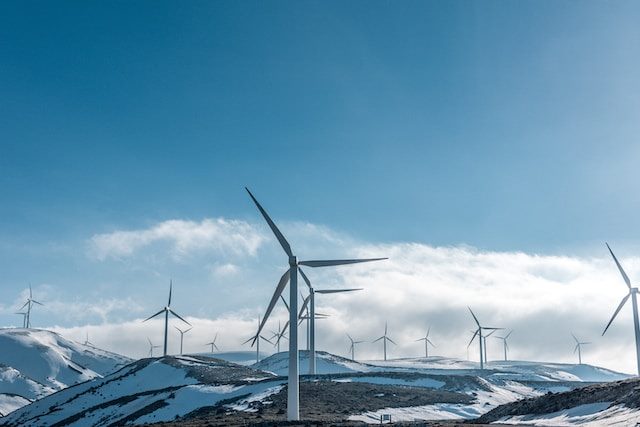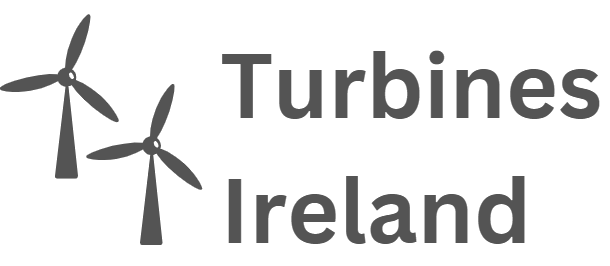
Welcome to our comprehensive guide on how to maximize energy efficiency in your home. In today’s world, where energy conservation is crucial, making your home energy-efficient not only helps protect the environment but also saves you money on utility bills. From simple changes to more significant investments, we’ll explore various tips to help you create an energy-efficient home.
1. Insulation and Weather Stripping
Good insulation is vital for maintaining a comfortable temperature within your home year-round. By properly insulating your walls, attic, and floors, you can prevent heat loss during winter and keep your home cool in the summer. Additionally, consider weather stripping around doors and windows to seal any gaps and prevent air leaks.
2. Energy-Efficient Lighting
Switching to energy-efficient lighting is an easy and cost-effective way to save energy. Replace traditional incandescent light bulbs with LED bulbs, which use up to 80% less energy and last much longer. LED bulbs are available in various shapes and sizes, making it easy to find replacements for your existing fixtures.
2.1 Light Usage Tips
- Turn off lights when leaving a room to avoid unnecessary energy consumption.
- Consider using motion sensor or timer switches to automatically turn off lights in unoccupied areas.
- Make the most of natural light by opening curtains or blinds during the day.
3. Energy-Efficient Appliances
Appliances account for a significant portion of your home’s energy usage. When shopping for appliances, opt for energy-efficient models with the Energy Star label. These appliances are designed to consume less energy without compromising performance. Upgrading to energy-efficient refrigerators, dishwashers, washing machines, and other appliances can lead to substantial energy savings over time.
4. Programmable Thermostats
A programmable thermostat allows you to set different temperature levels for various times of the day. By utilizing this feature, you can adjust the temperature when you’re away from home or sleeping, reducing unnecessary heating or cooling. Smart thermostats take it a step further by learning your habits, optimizing energy usage, and allowing control through mobile apps.
5. Efficient HVAC Systems
Heating, ventilation, and air conditioning (HVAC) systems contribute significantly to your energy consumption. Regular maintenance, such as cleaning or replacing filters, is essential to ensure optimal efficiency. If your HVAC system is outdated or inefficient, consider upgrading to a more energy-efficient model that can save you considerable energy and money in the long run.
6. Solar Panels
Solar panels are a substantial investment but offer significant long-term benefits. By harnessing the sun’s energy, you can generate electricity to power your home and potentially reduce or eliminate your reliance on the grid. Solar panels and associated technologies have become more accessible and efficient in recent years, making them a viable option for many homeowners.
7. Phantom Energy Usage
Many electronic devices continue to consume energy even in standby mode. This phenomenon is known as phantom or vampire energy usage. To combat this, use power strips with an on/off switch to completely cut power to multiple devices simultaneously. Unplugging chargers and electronics when not in use also helps prevent unnecessary energy consumption.
8. Window Treatments
Windows can be a significant source of heat gain or loss, depending on the season. Installing energy-efficient window treatments such as blinds, curtains, or window films can help reduce heat transfer and insulate your home. Consider using reflective films during summer to block heat from sunlight and heavy curtains during winter to retain warmth.
9. Water Conservation
Conserving water not only helps reduce your utility bills but also saves energy, as water treatment and distribution processes consume energy. Consider installing low-flow showerheads, faucets, and toilets to reduce water usage. Fixing leaks promptly and landscaping with drought-resistant plants can also contribute to water conservation.
10. Home Energy Audit
If you want a comprehensive overview of your home’s energy efficiency, consider getting a professional home energy audit. Experts will assess your home’s insulation, appliances, HVAC system, and overall energy usage, providing tailored recommendations to maximize efficiency. Some utility companies even offer free or discounted audits to their customers.
By implementing these energy-saving tips, you can reduce your carbon footprint, lower your energy bills, and create a more comfortable living environment. Start small and gradually incorporate these changes into your lifestyle. Not only will you benefit from immediate savings, but you’ll also contribute to a more sustainable future.
